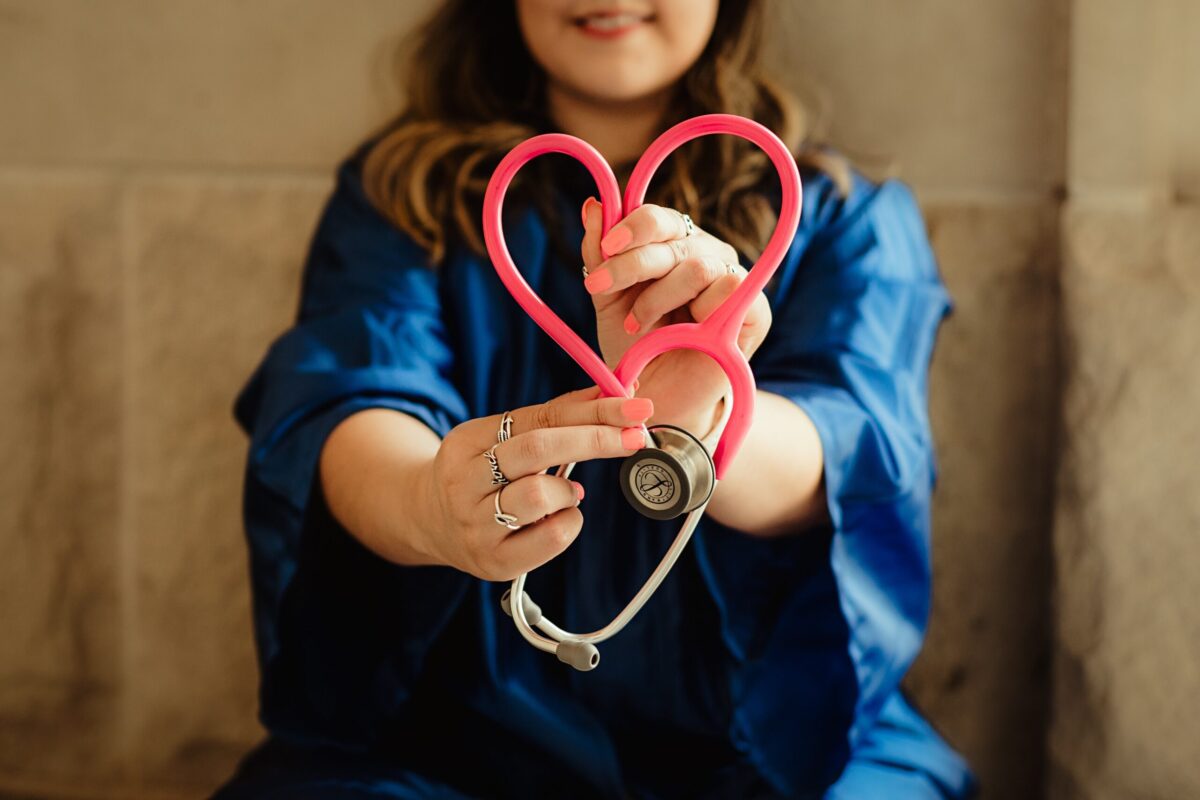As wealth and health disparities widen nationwide, California is bridging the gap by making care accessible to all.
On January 1, California expanded Medi-Cal, its version of Medicaid, to all low-income individuals regardless of immigration status. This expansion is uniquely impactful in LA County, which will see the closure of its no-cost low-income health program My Health LA (MHLA) at the end of January, since all MHLA patients will now be eligible for Medi-Cal.
At a Thursday, Jan. 11 briefing cosponsored by MHLA and the California Department of Health Care Services, LA County health workers and patients discussed what this transition from restricted (i.e. emergency) benefits to full coverage means for health access overall — especially for those who never had full coverage in the past.
Medi-Cal expanding, My Health LA sunsetting
This dramatic expansion of Medi-Cal — the last in a series which began in 2015 to include children, then in 2020 to young adults, and then in 2022 to older adults — “opens the doors to full insurance for all ages for all low income undocumented immigrants,” said Anna Gorman, COO of Community Programs at MHLA.
As a result, an estimated 700,000 individuals statewide will get full-scope MediCal, including “mental health care, medical care, vision, dental, long term care, substance use disorder services, transportation and in-home care,” she continued. “Previously, this population could only get emergency or restricted Medi-Cal.”
This expansion coincides with the sunsetting of My Health LA, a decade-long partnership between LA County DHS and over 50 community clinics countywide that allowed hundreds of thousands of low-income uninsured residents to receive primary or preventive care at these clinics while coming to DHS for emergency or hospital care.
Now that participants can get full Medi-Cal, they can apply through their community clinics, or by calling the LA County Department of Public Health at 833-540-0473, Gorman said. “For state-funded benefits, your information is only used to determine if you qualify; state laws protect your privacy, and using benefits won’t hurt your immigration status except for a few small exceptions — a residential nursing home, or mental health institution care.”
“When I started my job almost five years ago,” she added, “I said I hoped that we would not need this program much longer, and today we’re finally here.”
Life-changing health access
A transition to full coverage like this “changes people’s lives,” said Louise McCarthy, President and CEO of Community Clinic Association of LA County. “A couple decades ago, I was in the hospital looking at a $22,000 medical bill. I was uninsured and had no way to pay, but it turned out I was eligible for Medi-Cal and enrolled that day. That bill went away. I am now a homeowner, an employer. I went to graduate school. That would not have happened with medical debt.”
Like medical access, medical debt too can change someone’s life, “steering them down a path of persistent poverty, and people can avoid it if they get the full care they’re entitled to — even without insurance, there’s still care available at these centers” she added.
The need for such care is rising countywide.
Carmen Muniz, COO of Family Health Care Center of Greater Los Angeles, said her center alone had 2,500 assigned MHLA patients between ages 26 and 49 in October 2023, amounting to 2,239 visits and a 24% growth of patients from the previous year.
“No patient should feel that because they have limited income, they can’t receive the care they need,” Muniz said, “nor should your immigration status be a barrier for you to receive quality medical care.”
Full care “is like a gift”
Amalia Torres, a patient of Muniz’ clinic since 2001 who transitioned from My Health LA to Medi-Cal on January 1, said this transition from restricted to full coverage will give her a chance to newly access dental care, and emergency situations — like a kidney stone diagnosis she received in the past — will no longer be as threatening.
Having come to the U.S. from Puebla, Mexico 22 years ago, she received prenatal care for all three of her children at FHCCGLA, and said the new eligibility of her husband, too — the sole source of income in her household — gave her great peace of mind.
Guadalupe Ramirez, a Maternal Health and Child Care Access (MHCCA) patient for nearly 15 years — since the Affordable Care Act — said full coverage granted her son life-saving heart surgeries, and now that she’s eligible for it alongside her three children it’s been “like a gift. My priorities are always on my children, and knowing I won’t have to worry about expensive care for myself is a true weight lifted off my shoulders.”
Lorena Prieto, Managed Care Lead at Eisner Health in LA County, added that as Medi-Cal expands, some state counties like LA are transitioning from some “managed care” or primary provider insurance plans to others.
As this happens, local clinics are also making sure that patients already getting the care they need “remain with their medical homes through the transition,” Prieto explained. So far, “over 90% of our My Health LA patients are successfully enrolled into full Medi-Cal, and they already have access to crucial benefits that weren’t covered before — like hearing aids, glasses, walkers, canes, wheelchairs and timely mental health services.”
She added that “Medi-Cal enrollment is not subject to public charge; nobody needs to fear receiving the benefits they need.”
Celia Valdez, MHCCA Director of Outreach and Education, emphasized the importance of mental health care under full Medi-Cal for children and parents, especially those facing financial difficulties and those impacted by the pandemic “with the stress that presents. Knowing that our families no longer have to choose between, say, an invasive surgery, or even getting new glasses, and putting food on the table or paying your utility bill … It makes me feel good to be a Californian.”




